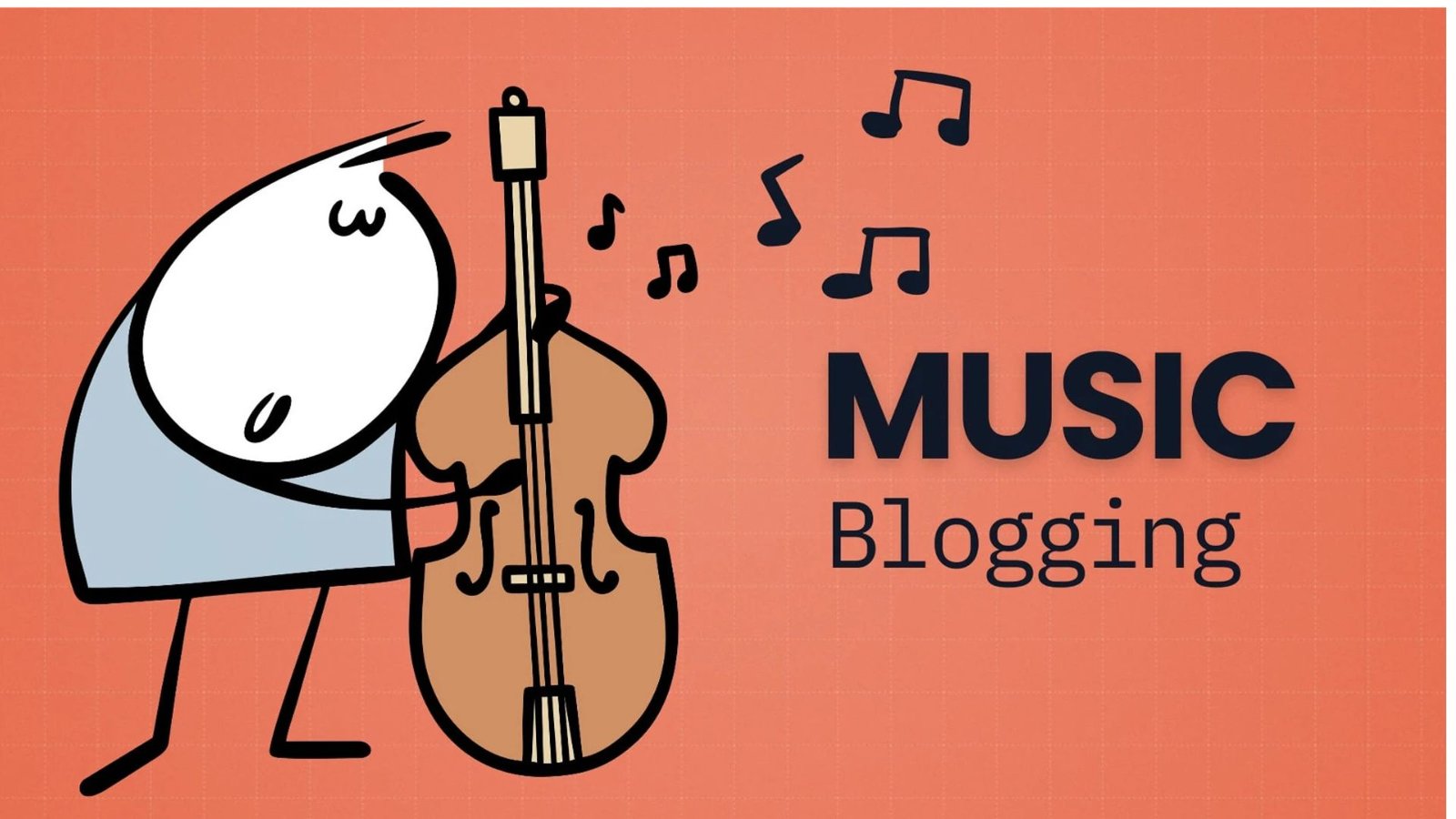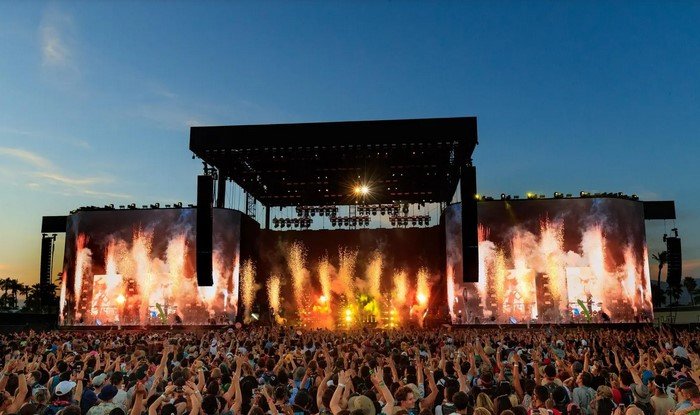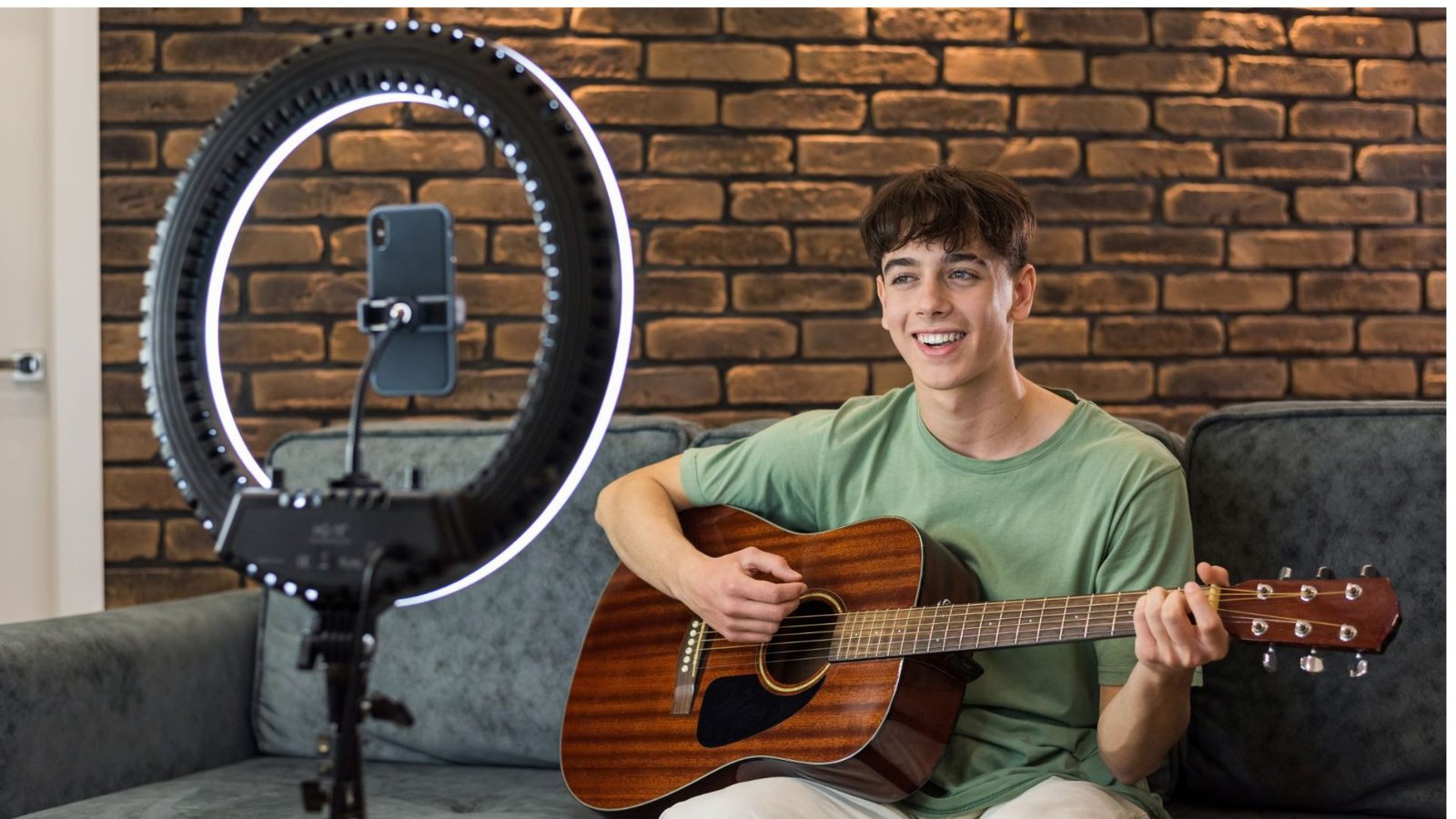If you’ve ever found yourself passionately discussing your favorite bands, songs, or the latest trends in music, starting a music blog might be a perfect outlet for your creativity. A music blog not only allows you to share your opinions and discover new artists but also opens up opportunities to engage with a community of like-minded people. Whether you’re a seasoned music lover or just someone eager to share your thoughts, creating a blog can be a fulfilling experience. Here’s a step-by-step guide on how to start your own music blog.

Choose Your Niche
One of the first things you’ll want to decide is your blog’s focus. The music world is vast, and while you might be passionate about everything from classical to jazz, having a clear niche will help you attract a specific audience. Some possible niches for a music blog include:
- Genre-Specific: Focus on one particular genre, such as rock, electronic, hip-hop, or indie.
- Artist Spotlight: Dive deep into the careers of specific musicians or bands, analyzing their albums, concerts, and creative process.
- Music Reviews: Offer reviews and ratings of albums, concerts, and singles.
- Music News: Share the latest happenings in the music world, from artist collaborations to album releases and tours.
- Music History: Focus on the history and evolution of different music genres, artists, or periods in music.
- DIY Music: If you’re an artist yourself, you might want to help other musicians with resources, tips, and interviews.
By defining a niche early on, you’ll make it easier for readers to know exactly what they can expect from your content. A niche also helps you stand out in a crowded online space.
Pick a Platform
Once you’ve chosen your niche, it’s time to pick a blogging platform. There are several platforms that allow you to create a blog easily, with no need for technical expertise:
- WordPress: WordPress is the most popular and flexible blogging platform. You can choose between a free hosted version (WordPress.com) or a self-hosted version (WordPress.org), which gives you more control over design and monetization.
- Blogger: Google’s free blogging platform is user-friendly and great for beginners, but it offers less customization compared to WordPress.
- Medium: Medium is a great platform for writing, and it has a built-in audience. However, you don’t have as much control over design and branding.
- Wix or Squarespace: These website builders are very visual and come with templates, allowing you to create a professional-looking music blog with minimal effort.
For more control, customization, and the ability to grow your blog into a business, WordPress is often the best choice.
Buy a Domain Name and Web Hosting
If you want to establish your music blog as a serious project, you should consider investing in a custom domain name and web hosting. Here’s why:
- Professionalism: A custom domain (e.g., www.yourmusicblog.com) looks more professional and trustworthy than a subdomain (e.g., www.yourmusicblog.wordpress.com).
- Ownership: With a self-hosted WordPress site, you have full control over your content, design, and monetization methods.
- SEO Benefits: Custom domains tend to perform better in search engine rankings, helping your blog attract organic traffic.
For web hosting, Bluehost, SiteGround, and HostGator are popular options. Most hosting services offer affordable packages, with domain registration included.
Design Your Blog
Your blog’s design should reflect your niche and personality. A clean, professional, and easy-to-navigate design will keep visitors on your site longer. Consider the following when designing your blog:
- Choose a Theme: If you’re using WordPress, there are plenty of free and paid themes that cater to music blogs. Choose one that’s visually appealing and aligns with your style.
- Mobile Optimization: Ensure your blog looks great on all devices, as many users will access your site from their phones or tablets.
- User Experience (UX): Make sure your blog is easy to navigate. Include sections like “About,” “Blog,” and “Contact” to keep your site organized. Also, make it easy for visitors to find content by including a search bar or categories.
- Visuals: Use high-quality images, album covers, and videos to complement your posts. Music blogs tend to be visually rich, so include multimedia content whenever possible.
A clean and intuitive design will keep readers engaged and help establish your blog’s credibility.
Create High-Quality Content
The heart of any successful blog is its content. Since your blog is about music, you want to create posts that are insightful, engaging, and reflective of your passion for music. Here are some types of content to consider:
- Album Reviews: Share your thoughts on new releases, breaking down the sound, lyrics, and overall impact of an album.
- Artist Interviews: Interview emerging or established artists to give your audience exclusive insights into their creative process.
- Concert Reviews: If you attend concerts, share your experience and review live performances.
- Opinion Pieces: Write about your thoughts on music trends, issues in the music industry, or personal stories about how music has shaped your life.
- Playlists: Curate playlists of your favorite songs, albums, or emerging artists.
- Guides and Tutorials: If you have expertise, write guides on topics like music production, music theory, or how to start a band.
Consistency is key when it comes to content creation. Aim to post regularly (whether that’s once a week or biweekly) to keep your audience engaged.
Conclusion
Starting your own music blog is a rewarding way to share your passion for music, connect with others, and potentially turn your hobby into a career. By choosing a niche, creating high-quality content, and promoting your blog effectively, you can build a successful platform that resonates with music lovers worldwide. Whether you aim to write about indie music, mainstream pop, or the history of rock, there’s a place for your voice in the ever-growing world of music blogs.











